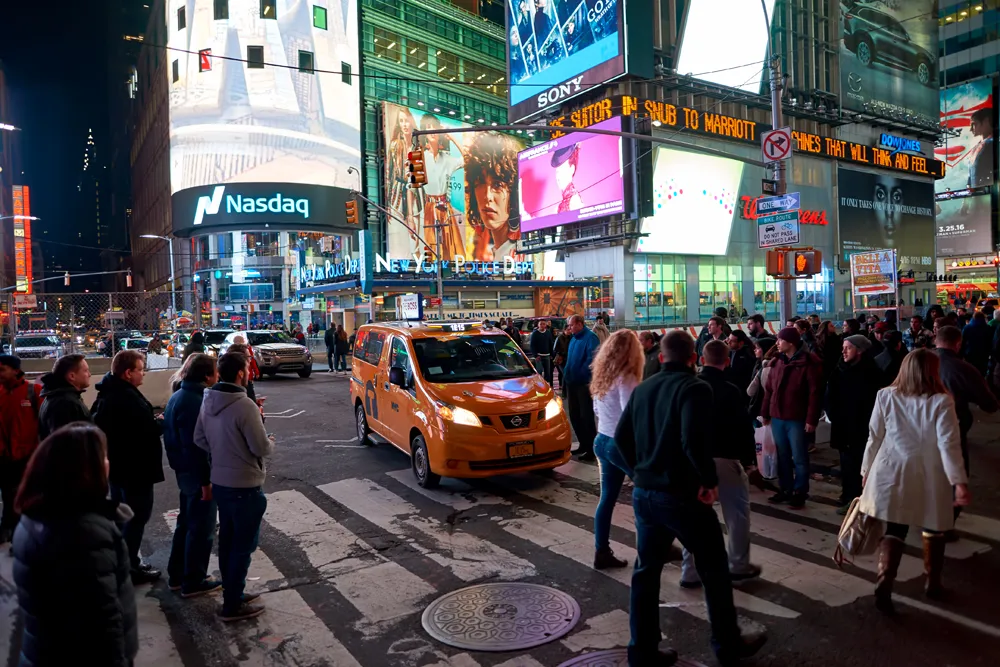A series of recently-announced measures to improve cycle safety in London include the establishment of a new industrial heavy goods vehicle (HGV) task force to take direct action against dangerous HGV drivers, vehicles and operators, review exemptions to current HGV regulations and a call for European Union to speed up its review on the design of HGVs to increase drivers’ visibility of vulnerable road users.
In addition, the Department for Transport (DfT) and the Driving Standards Agency are to issue a c
September 5, 2013
Read time: 3 mins
A series of recently-announced measures to improve cycle safety in London include the establishment of a new industrial heavy goods vehicle (HGV) task force to take direct action against dangerous HGV drivers, vehicles and operators, review exemptions to current HGV regulations and a call for 1816 European Union to speed up its review on the design of HGVs to increase drivers’ visibility of vulnerable road users.
In addition, the1837 Department for Transport (DfT) and the Driving Standards Agency are to issue a call for evidence about how driver training could change. London Mayor Boris Johnson is also asking Londoners for their views on whether he should use his powers to levy a substantial “safer lorry charge” on any HGV which is not fitted with basic safety equipment to protect cyclists.
The industrial HGV task force will raise awareness of safety requirements for vehicles and drivers and to take enforcement action against the minority of dangerous operators, vehicles and drivers. This will complement existing work by the Metropolitan Police with1466 Transport for London (TfL) funding to improve road safety and cycle safety in London, including the enforcement of advanced stop lines and to fine cyclists who jump red lights, promoting safer behaviour by all road users.
Under national legislation, most HGVs, such as supermarket delivery lorries, are required to be fitted with safety equipment such as sidebars or low skirts which protect cyclists and other vulnerable road users from being dragged underneath the vehicle in the event of a collision.
However, a small number of vehicle types – particularly those operating in the construction sector - are exempt from fitting certain safety equipment. The rising number of such vehicles in London’s building boom present a risk to the growing number of cyclists, who now make up almost a quarter of all rush hour traffic in the centre.
The6983 Freight Transport Association (FTA) has voiced its disappointment at the announcement, saying that HGV operators are already doing a lot to improve safety by installing additional equipment, training drivers and making changes to the way they operate.
FTA is also calling for the need of all road users to take responsibility for their actions; stating that if London is to be declared a safe cycling zone, then tougher standards for cyclists’ behaviour should be introduced, and that they now have an increasing part to play in improving road safety.
In addition, the
The industrial HGV task force will raise awareness of safety requirements for vehicles and drivers and to take enforcement action against the minority of dangerous operators, vehicles and drivers. This will complement existing work by the Metropolitan Police with
Under national legislation, most HGVs, such as supermarket delivery lorries, are required to be fitted with safety equipment such as sidebars or low skirts which protect cyclists and other vulnerable road users from being dragged underneath the vehicle in the event of a collision.
However, a small number of vehicle types – particularly those operating in the construction sector - are exempt from fitting certain safety equipment. The rising number of such vehicles in London’s building boom present a risk to the growing number of cyclists, who now make up almost a quarter of all rush hour traffic in the centre.
The
FTA is also calling for the need of all road users to take responsibility for their actions; stating that if London is to be declared a safe cycling zone, then tougher standards for cyclists’ behaviour should be introduced, and that they now have an increasing part to play in improving road safety.









